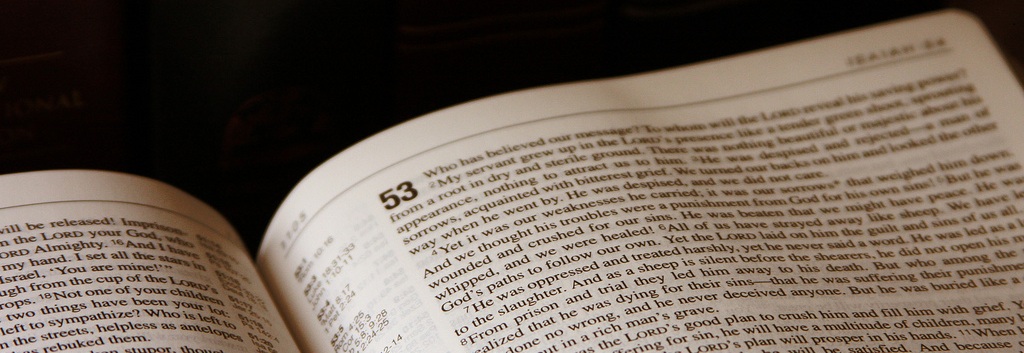 By Lyndon Marcotte, Sermons Online
By Lyndon Marcotte, Sermons Online
Epiphany A, B, C
Matthew 2:1-12
My earliest memories of the nativity were life size plastic characters with light bulbs inside that stood in a gigantic wooden manger that my grandfather built and put out in the front yard every Christmas. I remember the wise men most because they were the tallest figures in the scene and taller than me. The funny thing is that in reality the wise men were not in the manger scene at all. They came later. How much later is up for speculation. Most scholars believe it could have been as much as two years later before they arrived in search of the newborn king, although we celebrate Epiphany as the 12th day of Christmas when the Magi are believed to have appeared.
Our Christmas traditions are really a mix of different cultural traditions that have been borrowed and adapted many times over many years. It’s funny how just this last year a couple new holiday movies have changed my kids’ ideas about some things about Christmas, including how many reindeer there really are and that Santa Claus has jet engines on his sleigh.
We know that Jesus wasn’t really born on December 25th. It’s a day that’s been set aside to commemorate his birth. It was actually a compromise by the church in the middle ages. After fighting the pagan customs and holiday observances to no avail, the church decided if you can’t beat em, join em. So they chose to observe the birth of Jesus during the same time as the pagan festivals. If you can’t stop them, maybe they can tone them down a little and redirect their revelry to more wholesome causes. The irony is that for all the fuss about keeping Christ in Christmas it really should be about putting Christ in Christmas.
You see living the Christian life isn’t about maintaining this pristine, pure doctrine and way of life, letting nothing common or ordinary ever defile it. It’s about taking all of life, as messy and ugly as it may be at times, and infusing it with the presence of Christ.
Last week we discovered how shepherds were among the most unlikely and untrustworthy people to be trusted as messengers in days when Jesus was born. These Magi from the east are no more religious or saintly than they were.
Despite the Christmas carols that we sing, Magi weren’t really kings at all. The only kings in this story are Herod, king of the Jews, and Christ the King. Magi were not necessarily wise either. It’s a really polite and civil description that comes from the time of King James and the translation of the Bible that he commissioned. In fact the Magi were actually astrologers. No, not astronomers like scientists that we think of today. They were astrologers, fortune tellers. Not unlike those who write horoscopes today and tell you all about what your sign is and what that means. Magi observed the stars and used them as a guide for signs.
One particular night however when they were studying the heavens as they did on every other night, they noticed an unusual star that appeared in the sky and shone brighter than all the other stars. It was so sudden and different that they were certain that it meant something very significant. They believed that a great King had been born, and they left home and livelihood to go west in search of him.
When they came to Jerusalem, the capital of this foreign land, looking for the king, they were sent to King Herod, a jealous, power hungry, paranoid ruler of a subjugated people. This was actually a province of Rome and under Roman rule, but in order to keep the peace and prevent a revolt the Romans used local rulers to keep a resemblance of local government and authority to keep the peace, as long as the taxes were paid on schedule. He is a tyrant who lords over those he rules rather than serving them. He is not a ruler who “shepherds” God’s people.
By contrast, the infant king Jesus is helpless and vulnerable, a ruler whose power is hidden in humility. The wise men in Matthew 2 are the chief priests and the scribes who function as Herod’s key advisors. Learned in the scriptures, they possess academic knowledge that both Herod and the magi lack. But what good does it do them? It does not lead them to their Messiah but causes them to become involved in a plot to kill him.
The magi are examples for who follow Christ today. They are depicted as persons who:
- who do as they are instructed,
- who seek no honor for themselves, and
- who gladly humble themselves, kneeling even before a woman and a child.
Clearly, they fit the image of servants better than that of kings.
The gifts they gave are symbolic of who this baby would become:
- Gold for a King to reign over His Father’s kingdom
- Frankincense for a Priest to teach a higher law & intercede with God for us
- Myrrh for a Savior who would die for the sins of mankind
We must welcome this Christ-child into our lives as our King, our Intercessor, and our Savior.
The church’s observance of epiphany should not be a triumphal occasion for those who have seen the light to celebrate their privileged status over others. The lessons of epiphany encourage humble admission that God’s glory is often manifested where we least expect it.


